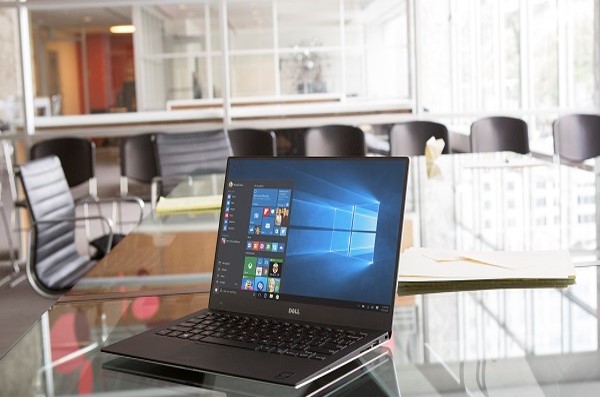Windows 7 will be going end of support in less than 10 months. As a result, migrating from Windows 7 to Windows 10 should be one of the top priorities for your IT department in 2019. Windows 7 goes end of support in January 2020, while this date seems like a long way away, the migration process takes time even with advanced planning. Your business should not assume they have ample time to be ready for the January 2020 deadline. According to Gartner, average migration projects for large enterprise organisations with more than 500 seats have been taking 21 months in the US.
As of March 2019, Irish organisations have just 10 months to migrate, less than half the average time required.
Windows 10 is faster, more secure, and contains more features than previous versions of the operating system and it has been designed in response to user feedback thereby addressing many of the complaints levelled at the last major release. These are just some of the reasons why businesses should migrate to Windows 10, but there are others, which may be even more compelling. Another reason to upgrade is to take advantage of the usual advances that come with newer technology, simply experiencing the little conveniences and updated design that accompany any new operating system can be refreshing.
The cost of support
In the coming years organisations will have little choice but to upgrade, Windows 7 is already living on borrowed time in terms of support. If your organisation has not upgraded by January 2020, your organisation will have to pay for extended support for each user of Windows 7 or face inevitable security risks that result in running an unsupported system. If your organisation opts for extended support, instead of providing for the one-off cost of migration, they will potentially have to double that provision just to maintain support for their existing operating system.
Organisations operating in a regulated industry will need to put additional safeguards in place, as running an unsupported operating system puts them at risk of compliance issues and this can result in hefty fines as well as a loss of business, as a result of bad press that could follow as a result.







